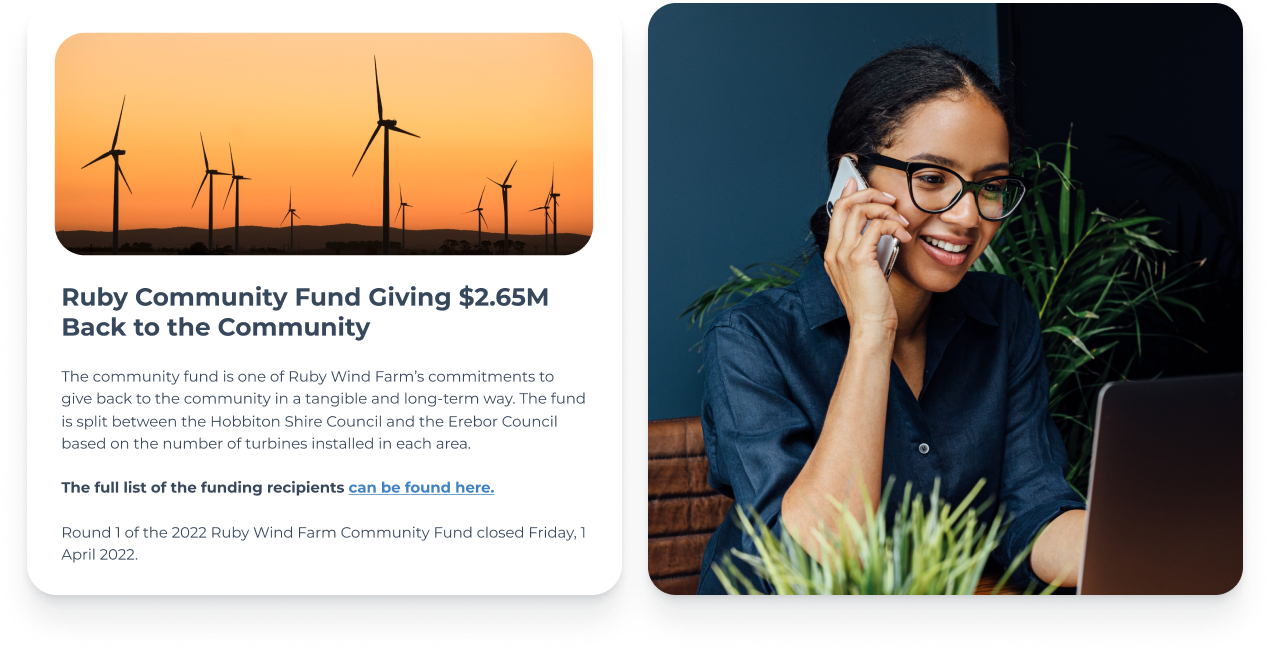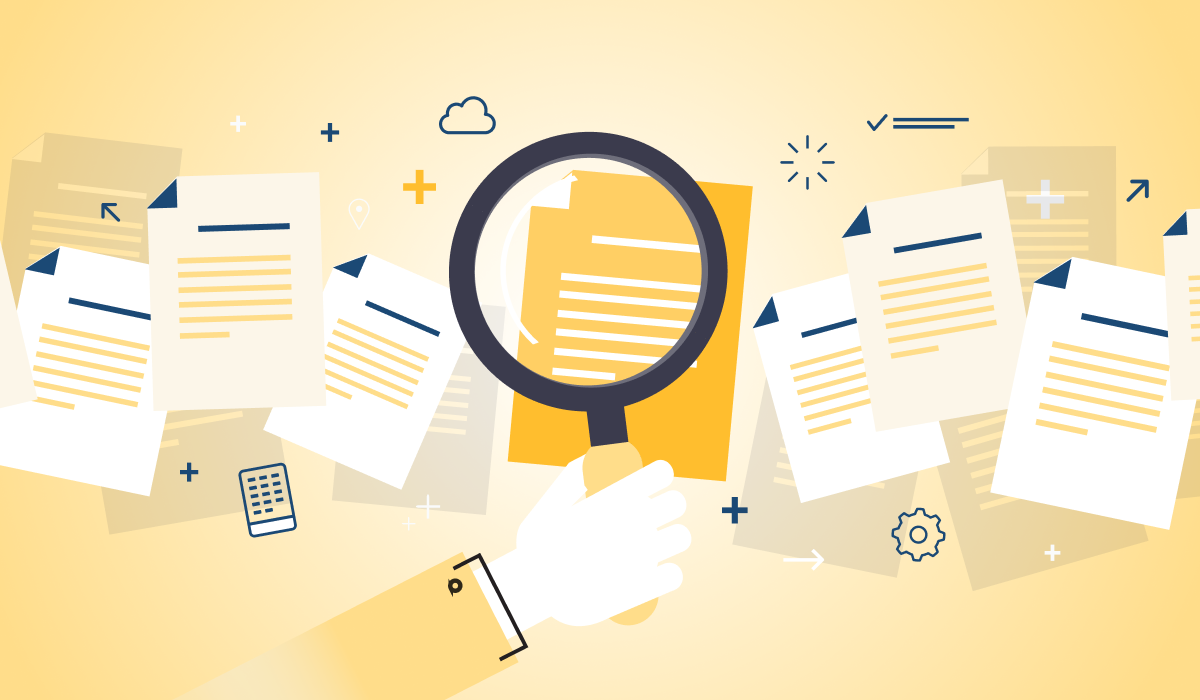When you’re managing major projects, it is likely that you will have to access private land to carry out authorised activities. Many regions also require rigorous evidence to prove that you have effectively engaged with land owners. So, developing and documenting your land access agreements will ensure you are meeting any legal and social obligations.
Many organisations working on resources and infrastructure projects need to work with local communities, landowners, and their families to gain access to land. Land access is a vital component of any exploration project, so being able to successfully navigate any associated regulatory frameworks can be a challenging task.
Organisations should demonstrate that they are working with impacted stakeholders to protect their livelihoods and improve their standard of living. So, effective stakeholder engagement and meaningful communication should be a priority.
The importance of effective stakeholder engagement in land access negotiations.
The foundation of a successful land access negotiation is a thoroughly documented and refined stakeholder engagement process. This enables the landholder relationship to develop and grow whilst providing a more streamlined interaction with your dedicated team.
Transparent and proactive stakeholder engagement helps you to secure and retain land access agreements so that you can avoid work stoppages and delays. And, by ensuring these interactions are open, responsive, accountable, and inclusive at all times, you are building a solid foundation of trust.
You see, many organisations understand the importance of respecting and valuing their relationships with landowners and impacted stakeholders. They also understand that being able to easily keep track of these relationships is imperative to successful land access negotiation.
Thankfully, having stringent documentation processes to help build respectful relationships with your stakeholders is possible. A stakeholder relationship management platform (SRM) can keep track of your stakeholder engagement efforts and keep projects on time and on budget.
Let’s explore how an SRM can help your organisation document land access agreements:
- Track your relationship history with impacted stakeholders
- Securely store your land access agreements
- Easily export your data for audits
1. Track your relationship history with impacted stakeholders.
Throughout a project, you will be engaging with a vast number of impacted stakeholders across an expansive geographic area. These people will have different priorities, different needs, and ultimately, different interactions with your team.
Being able to easily understand and keep track of every interaction with these stakeholders will support streamlined accountability. This will ensure that you and your team will have all the context needed to provide appropriate updates and timely communications.
It is also essential that your impacted stakeholders are consistently made aware and informed of any changes or updates that will affect them. Therefore, a clear timeline of your history with a stakeholder can help inform the tracking and creation of your land access agreements.

For example, you will instantly have an understanding of any entry notices provided, what no- or low-impact activities have been undertaken, and a history of the types of outreach and communications conducted so far.
Overall, this timeline will support you in mitigating, managing, and compensating all of your impacted stakeholders fairly.
2. Securely store your land access agreements.
With all of your impacted properties, you are going to need individual land access agreements. Keeping track of your agreements and all related records in one centralised space will save you a lot of time. An SRM will keep your projects on time and on budget by securely storing your land access agreements.
With an SRM, you can have your land access agreements associated with both the impacted stakeholder and the property to solidify your record management. And, if these agreements are spanning multiple years, you can also track any updates required.
So, if there is a material change of circumstances to your activities, or the agreement is timebound, you can specify a workflow of follow-up actions to be taken. By remaining proactive and ensuring you are always reflecting on current practices to improve your agreement, you can minimise and avoid disputes.

3. Easily export your data for audits.
Over time, there are common issues that can arise with impacted stakeholders. Communication breakdowns, changes in internal staff, and a failure to set reasonable expectations are among these issues.
However, if you are able to instantly export all of the interactions that have occurred in relation to a land access agreement then you’re already ahead.
Within an SRM, the associated data can be neatly packaged up and exported to illustrate an accurate timeline of affected properties. You can identify and analyse where any issues may have arisen from, or if communications have been misinterpreted.
So, anyone in your team is armed with the correct context to provide evidence and understanding for compliant reporting, dispute resolutions, and any conflicts. And, you can communicate the most relevant information to your stakeholders via email notifications or SMS.
Ultimately, you need to be able to demonstrate the efforts you are taking to protect livelihoods and improve the standards of living for the local community. Having accurate documentation to support this, or even identify gaps in processes, is very useful. And, could make or break future negotiations.
Watch the video below to learn how to upload, store, export, and easily document your land access agreements with an SRM.
Keep Building Better Relationships with Impacted Stakeholders
We understand that land access negotiations can hit roadblocks, and get frustrating or stressful at times. It’s crucial to remain in contact with stakeholders affected by the situation, so you can comprehend their perspectives and find potential solutions. This is also when having an SRM to equip your team with the right tools and up-to-date stakeholder activity can make a huge difference.
Requirements for land access agreements and negotiations vary, so it’s important to contact your relevant authority for information specific to your region. All information provided by Consultation Manager is general in nature and does not take into account you or your organisation’s personal situation.

